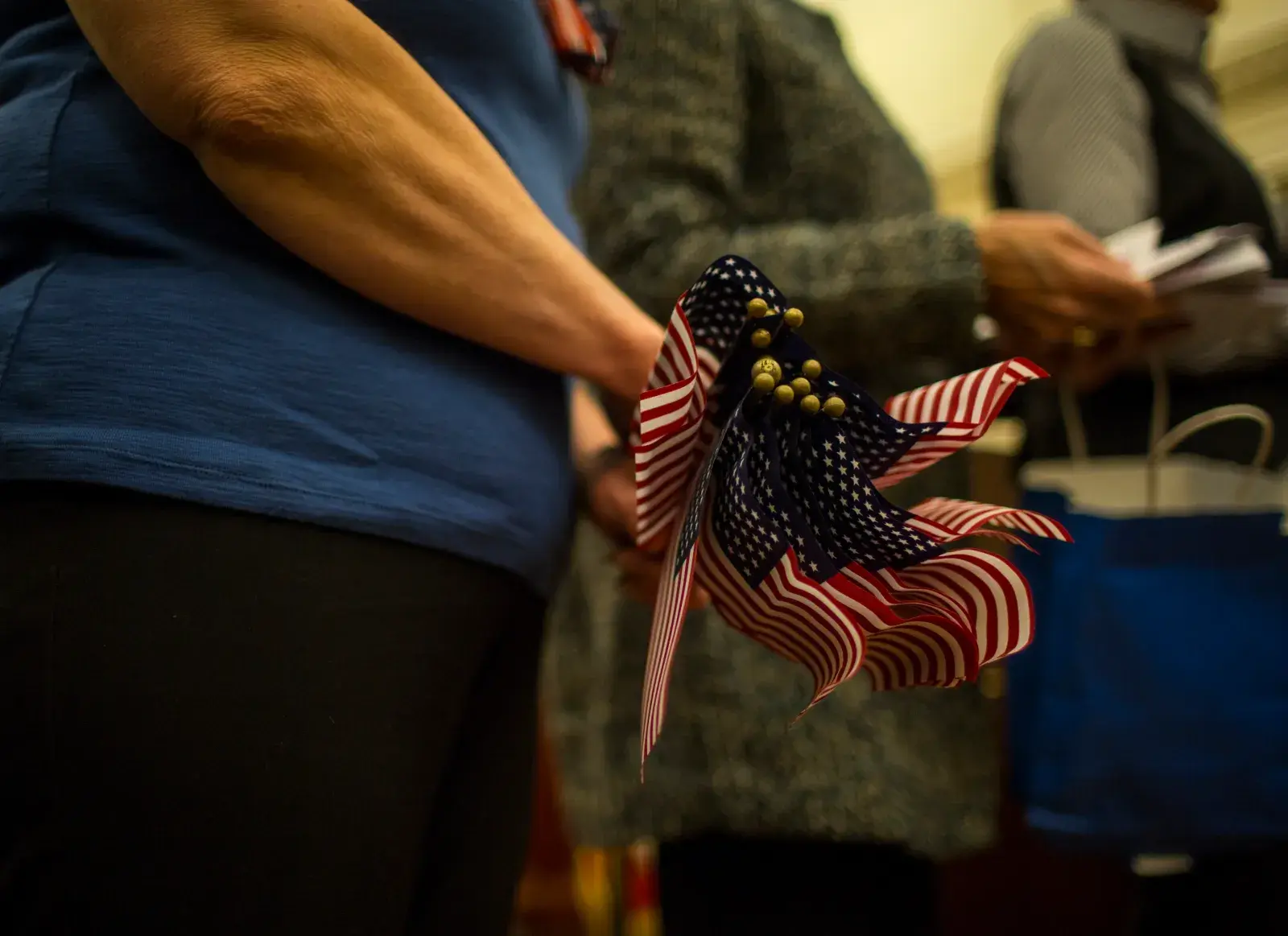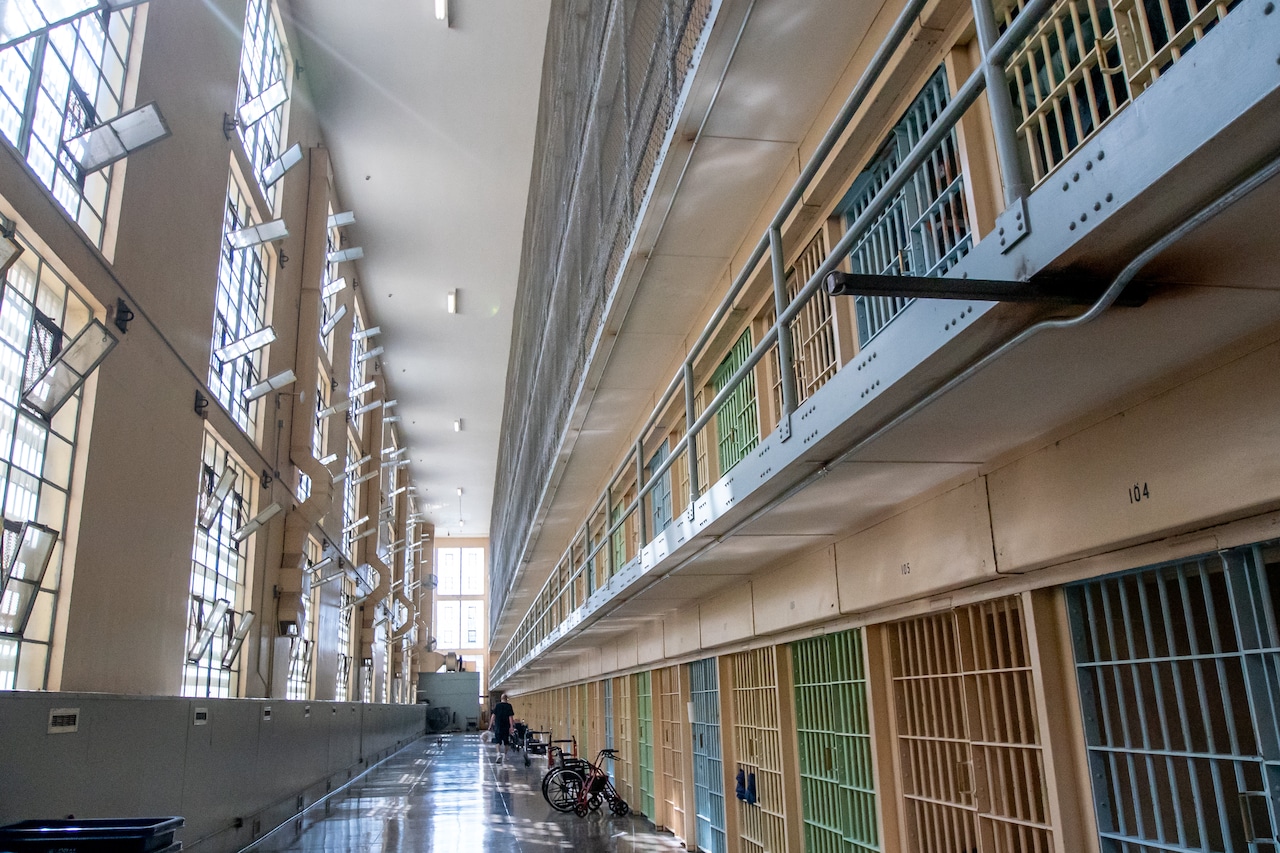Copyright newsweek

U.S. Citizenship and Immigration Services (USCIS) submitted a regulatory package on Monday that could tighten the public-charge ground of inadmissibility, potentially increasing scrutiny of green card applicants’ use of public benefits. The submission, logged with the Office of Information and Regulatory Affairs (OIRA) on November 3, is listed on the federal regulatory review website as a proposed rule. The text of the proposed rule has not yet been published, so it is not clear what specific changes, if any, USCIS will adopt. Why It Matters If the proposal advances to formal notice-and-comment rulemaking, it would mark a significant policy shift from the 2022 public-charge rule, which narrowed the scope of benefits considered to primarily cash assistance for income maintenance and long-term institutional care, excluding most non-cash programs such as SNAP, routine Medicaid, housing vouchers, and WIC. A volunteer from the American Legion Auxiliary holds U.S. flags to pass out during a naturalization ceremony at the U.S. District Court for the District of Vermont on November 17, 2015. What To Know The public-charge ground of inadmissibility is part of the Immigration and Nationality Act. It allows U.S. authorities to deny admission or adjustment of status to non-citizens likely to become primarily dependent on government support. The Trump administration expanded the definition of public charge in 2019 to include many non-cash benefits, including Supplemental Nutrition Assistance Program (SNAP), most Medicaid, and public housing. It also created a multi-factor framework that weighs age, health, education, income, and English proficiency as positive or negative indicators of future dependency. This rule was challenged in multiple courts, and portions were blocked before being vacated in 2021. Under the Biden administration, DHS issued a new final rule in 2022 that restored the pre-2019 standard, limiting public-charge consideration to cash benefits for income maintenance and long-term care, and excluding most non-cash programs. Under this framework, receiving benefits such as SNAP, routine Medicaid, WIC, or housing vouchers generally does not count against applicants. A green card holder is a lawful permanent resident (LPR), legally a noncitizen, but not all noncitizens are treated the same for benefits. LPRs are generally considered a “qualified alien” under federal law and can be eligible for programs such as SNAP, although many LPRs face a statutory five-year waiting period and other program-specific rules and exceptions. Exceptions to the five-year waiting period include refugees, asylees, victims of trafficking, certain military families, children under 18, and individuals who meet disability or hardship criteria. Some states operate programs that supplement federal benefits or apply additional eligibility rules, which can affect access for lawful permanent residents. Under the 2022 USCIS public-charge rule, receiving SNAP or other non-cash benefits generally does not affect eligibility for a green card. Only cash assistance for income maintenance or long-term institutional care is considered when determining public-charge inadmissibility. What People Are Saying Economic Innovation Group’s Labor and Mobility Policy Manager, Sam Peak, wrote in a post on X: “When the rule was implemented during the last Trump Admin, the paperwork for green cards doubled. At the very least, the administration should exempt high income earners and those with significant assets from this rule.” What Happens Next The OIRA entry indicates that USCIS has transmitted a proposed regulatory action for review, a required step before publishing a Notice of Proposed Rulemaking in the Federal Register. The notice would allow the public to comment on the rule and provide additional guidance on implementation. USCIS has not released a press statement describing the content of the submission.



